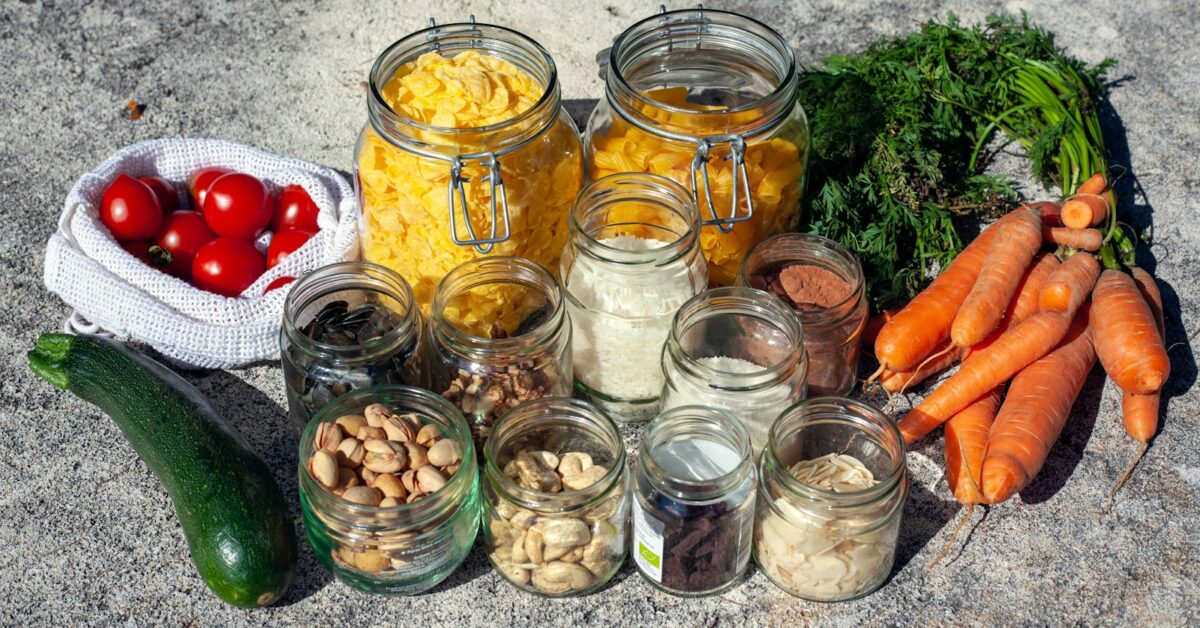Why Teach Children Healthy Vegan Habits?
Teaching children healthy vegan habits is not only beneficial for their physical health but also for the environment. By adopting a vegan lifestyle, children can develop a strong foundation for a lifetime of healthy eating habits and contribute to the reduction of greenhouse gas emissions. However, introducing veganism to children requires careful planning and consideration to ensure they receive all the necessary nutrients for their growth and development.
1. Educate and Explain
The first step in teaching children healthy vegan habits is to educate and explain the reasons behind this lifestyle choice. Children are naturally curious, and by providing them with age-appropriate information, they can better understand the benefits of veganism. Discuss topics such as animal welfare, environmental impact, and the health benefits of a plant-based diet. Encourage them to ask questions and engage in open discussions.
2. Lead by Example
Children learn by observing their parents and caregivers. Therefore, it is essential to lead by example and demonstrate healthy vegan habits in your own life. Prepare nutritious and delicious vegan meals at home and involve your children in the cooking process. Show them that vegan food can be diverse, flavorful, and enjoyable. By seeing you embrace a vegan lifestyle, they are more likely to follow suit.
3. Make It Fun and Exciting
Make the transition to a vegan lifestyle an exciting adventure for your children. Explore new recipes together, experiment with different flavors and textures, and involve them in grocery shopping. Take them to farmers’ markets or plant-based food festivals where they can discover a wide variety of vegan options. Encourage them to try new foods and celebrate their willingness to explore plant-based alternatives.
4. Focus on Nutrient-Rich Foods
One concern often raised about veganism is the potential for nutrient deficiencies. However, with proper planning, a vegan diet can provide all the necessary nutrients for children’s growth and development. Emphasize the importance of consuming nutrient-rich foods such as fruits, vegetables, whole grains, legumes, nuts, and seeds. These foods are packed with essential vitamins, minerals, and antioxidants that support overall health.
- Include a variety of colorful fruits and vegetables in their meals to ensure they receive a wide range of nutrients.
- Introduce plant-based sources of protein such as tofu, tempeh, lentils, and chickpeas.
- Ensure an adequate intake of calcium through fortified plant-based milk, leafy greens, and calcium-set tofu.
- Include sources of omega-3 fatty acids, such as flaxseeds, chia seeds, and walnuts, to support brain development.
- Consider supplementing with vitamin B12, as it is primarily found in animal products.
5. Teach Critical Thinking
Teaching children healthy vegan habits goes beyond just the food they consume. It also involves teaching them critical thinking skills and the ability to make informed choices. Encourage them to read food labels, understand ingredient lists, and question the sources of their food. Teach them about food marketing tactics and how to identify misleading claims. By empowering them with knowledge, they can make conscious decisions about their food choices.
6. Address Social Challenges
Children may face social challenges when adopting a vegan lifestyle, especially in environments where veganism is not widely understood or accepted. Prepare them for these situations by discussing potential scenarios and providing them with strategies to handle them. Teach them how to communicate their dietary choices confidently and respectfully. Encourage them to seek support from like-minded individuals, such as vegan friends or online communities.
7. Encourage Physical Activity
In addition to a healthy vegan diet, physical activity is crucial for children’s overall well-being. Encourage your children to engage in regular exercise and outdoor activities. This can include sports, dancing, yoga, or simply playing outside. Physical activity not only promotes physical health but also helps children develop social skills, improve concentration, and reduce stress.
Conclusion
Teaching children healthy vegan habits is a rewarding journey that can positively impact their health and the environment. By educating, leading by example, making it fun, focusing on nutrient-rich foods, teaching critical thinking, addressing social challenges, and encouraging physical activity, parents and caregivers can empower children to embrace a vegan lifestyle and make informed choices for a sustainable future.
